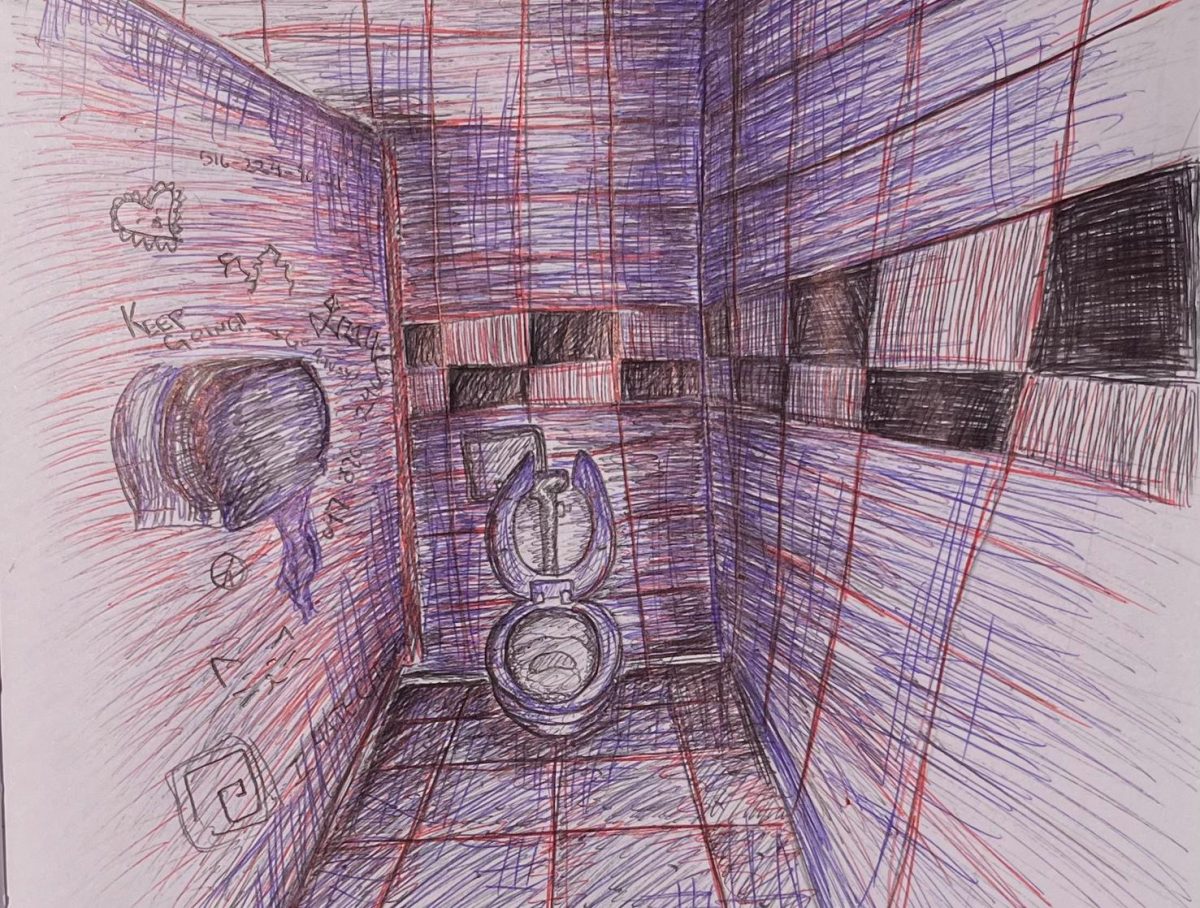“Secrecy has many advantages, for when you tell someone the purpose of any object right away, they often think there is nothing to it,” Johan Wolfgang Von Goethe said.
Stephen Daldry’s “The Reader” epitomizes this literary allusion.
The film, adapted from the German novel by Bernhard Schlink, opens in modern day Berlin.
Michael Berg played, by Ralph Fiennes, looks out his window melodramatically; His facial expressions give way to his emotions. We find out he is still haunted by a well kept secret that all started in 1958 when he met Hannah Schmitz (Kate Winslet).
The action instantly reverts back to the bedroom. The passionate beads of sweat radiating off the bodies of fifteen-year-old Berg (David Kross) and the much older Schmitz are almost impossible to shake off.
While their mutual love seems improbable, Daldry creates a setting so intimate that it is impossible to remain unswayed by Berg’s pure and sincere love.
This sense of purity comes with the illiterate Schmitz’s desire to be read to and Berg’s compliance. The lighting, which spills into Schmitz’ apartment, provides the illusion of innocence _ – that these are just two kids learning from each other.
But it is 1958 in Germany, and the Holocaust is a looming presence that can’t be avoided.
The background of Hitler’s Germany haunts and bends the lover’s romance and turns Berg’s secret into one far worse than he imagined.
Sometimes secrets make life more exciting, other times they destroy us.
Schmitz’s dark secret is one that eventually becomes Berg’s, and goes far enough to change both of their destinies.
The film, which breaks every black-and-white binary, will seep into your brain like a drug and stay there longer than any can.
It is a WWII film unlike any other – one with a back-story that realizes the complicity of the human character.
Daldry has perfected his technique, weaving the narrative intricately and gracefully between time periods, as exercised first in “The Hours.”
Winslet conveys that the shame we keep can hurt us more than any punishment.
Berg, with affectionate na’vité, teaches us that the love and compassion we have can exceed rationality.
It is hard to hate a character that has been humanized, that you have watched be shred down to sheer vulnerability.
You will not know how to feel about Hannah Schmitz after seeing this film – and that will be your secret.
















